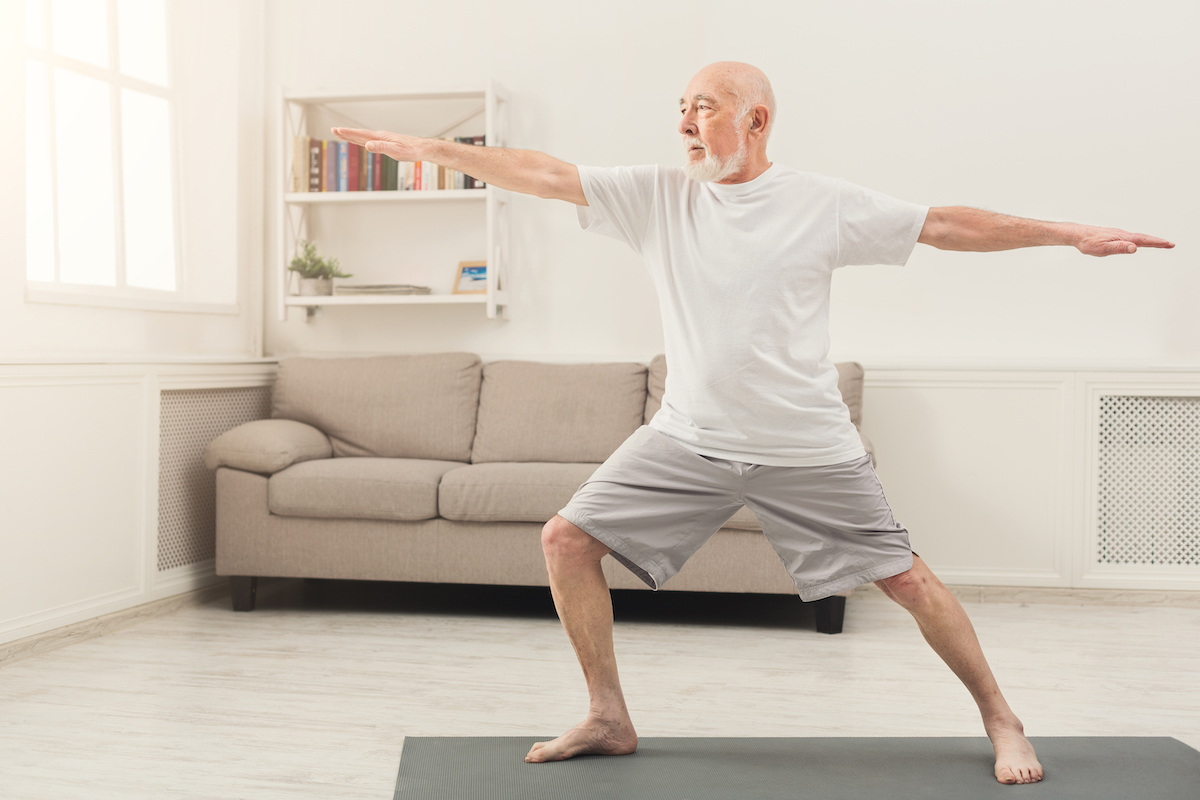
How to Manage Arthritis Pain and Additional Symptoms
Published by Vivage on
May 1, 2023 8:00:00 AM
According to the Arthritis Foundation, “arthritis is not a single disease; it is an informal way of referring to joint pain or joint disease. There are more than 100 types of arthritis and related conditions,” affecting millions worldwide. In fact, “almost 59 million adults (1 in 4) have arthritis that has been diagnosed by a doctor (cdc.gov).”
Arthritis can cause pain, stiffness, and swelling in the joints, which can be debilitating and affect your daily life. While there is no cure for arthritis, there are ways to manage arthritis pain and improve quality of life. Our team at Vivage is recognizing Arthritis Awareness Month this May and sharing how to manage arthritis pain and its accompanying symptoms.
Exercise Regularly
Regular exercise can help reduce arthritis pain and stiffness by strengthening the muscles around the affected joints. Low-impact exercises like walking, cycling, swimming, and yoga can help improve flexibility and reduce pain.
Start with gentle exercises and gradually increase the intensity and duration as your pain allows. Consult with your doctor or a physical therapist to develop an exercise plan that is safe and effective for you.
Maintain a Healthy Weight
Being overweight can put extra pressure on your joints, which can worsen arthritis pain. Losing weight can reduce the strain on your joints and improve your mobility. Eating a healthy diet rich in fruits, vegetables, whole grains, and lean protein while avoiding processed foods, sugary drinks, and excessive alcohol consumption can help you reach and maintain your weight goals.
Use Heat and Cold Therapy
Heat and cold therapy can help reduce arthritis pain and inflammation. Applying heat to the affected joints can help relax muscles and increase blood flow, while cold therapy can reduce swelling and numb the pain. For example, use a heating pad, warm towel, or take a warm bath to apply heat to the affected area, then use a cold pack or a bag of frozen vegetables wrapped in a towel to apply cold therapy. Alternate between heat and cold therapy for best results.
Practice Relaxation Techniques
Stress can worsen arthritis pain and make it harder to manage. Practice relaxation techniques like deep breathing, meditation, or yoga to reduce stress and anxiety. These techniques can help calm your mind and reduce muscle tension, which can help relieve arthritis pain.
Get Enough Sleep
Getting enough sleep is essential for managing arthritis pain. Lack of sleep can worsen pain and make it harder to cope. Make sure you get at least 7-8 hours of sleep per night. Create a relaxing evening routine, avoid caffeine and electronic devices before going to bed, and keep your bedroom cool, dark, and quiet.
Consider Physical Therapy
Physical therapy can help improve your flexibility, strength, and mobility, which can reduce arthritis pain and improve your quality of life. A physical therapist can design a personalized exercise plan that is safe and effective for your specific needs. They can also provide guidance on other aspects of your lifestyle that can help you reduce arthritis symptoms.
At Vivage, our senior rehabilitation communities provide personalized post-hospitalization rehabilitation plans, including physical therapy, to ensure individuals receive the care they need to reach their goals and achieve optimal wellness.
Try Alternative Therapies
Alternative therapies like acupuncture, massage, or chiropractic care may help reduce arthritis pain and improve mobility. However, it is important to do your research and consult with your doctor before trying any new therapy.
At Vivage, we take a holistic approach to care, offering complementary therapies and services throughout our senior rehabilitation communities. This allows us to care for the whole person – mind, body, and spirit. Learn more about our holistic approach to care and the benefits it provides by downloading our free eBook!
Managing arthritis pain requires a comprehensive approach, and it is essential to work closely with your doctor to develop a personalized plan that is safe and effective for your specific type of arthritis.
Remember that managing arthritis pain is a long-term process, and it may take time to find the right combination of treatments that work for you. Be patient and persistent, and do not be afraid to try new strategies if the ones you are currently using are not effective.
We invite you to visit our website or contact a member of the Vivage team to learn more about how our senior rehabilitation communities can help you manage your arthritis pain.